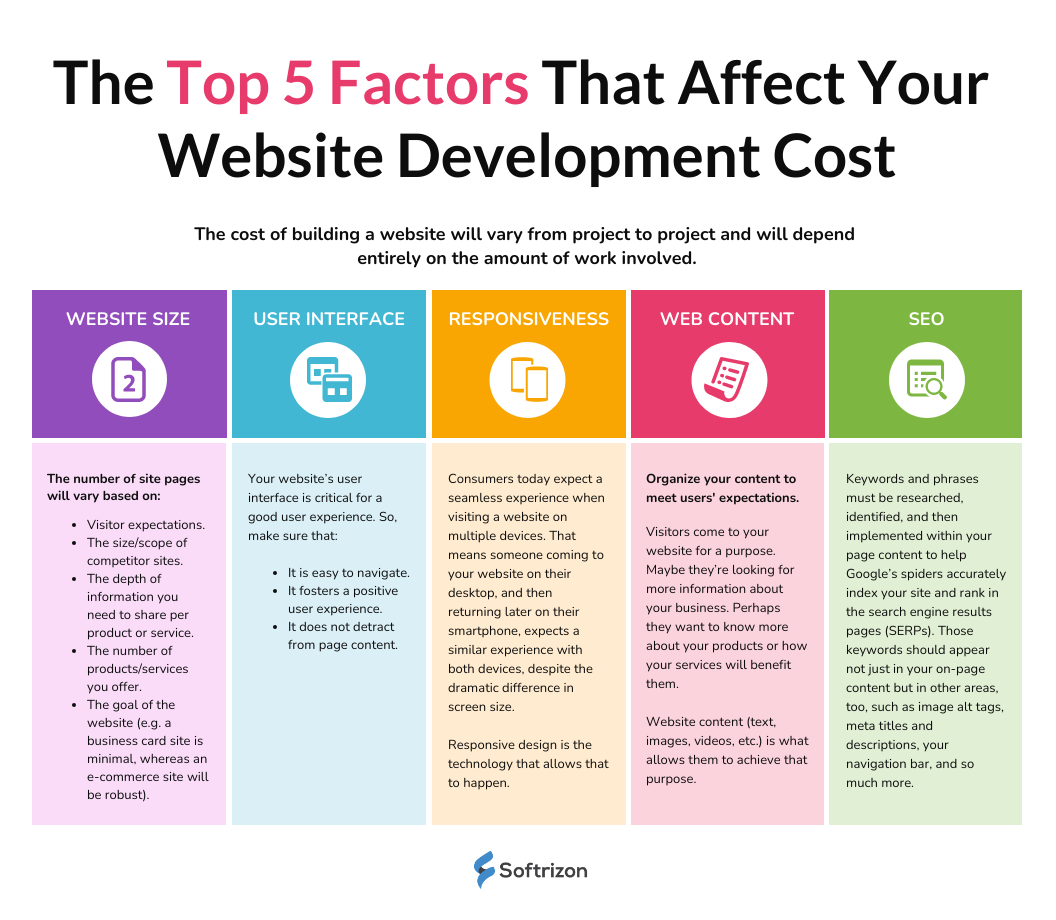Having a website isn’t optional today. Consumers expect the businesses they patronize to be online. They expect a Google search to give them not only your physical address and business hours but a link to your website, where they can learn more about you and perhaps even get more information about your products and services.
However, going from nothing to having a modern website can be challenging. Many decisions must be made along the way, and a lot of data must be considered. One of the most common stumbling blocks for SMBs (Small Medium Businesses) is cost – how much does it cost to build a website?
There’s nothing set in stone, unfortunately. The cost of building a website will vary from project to project and will depend entirely on the amount of work involved. In this guide, we will explore what you need to know.
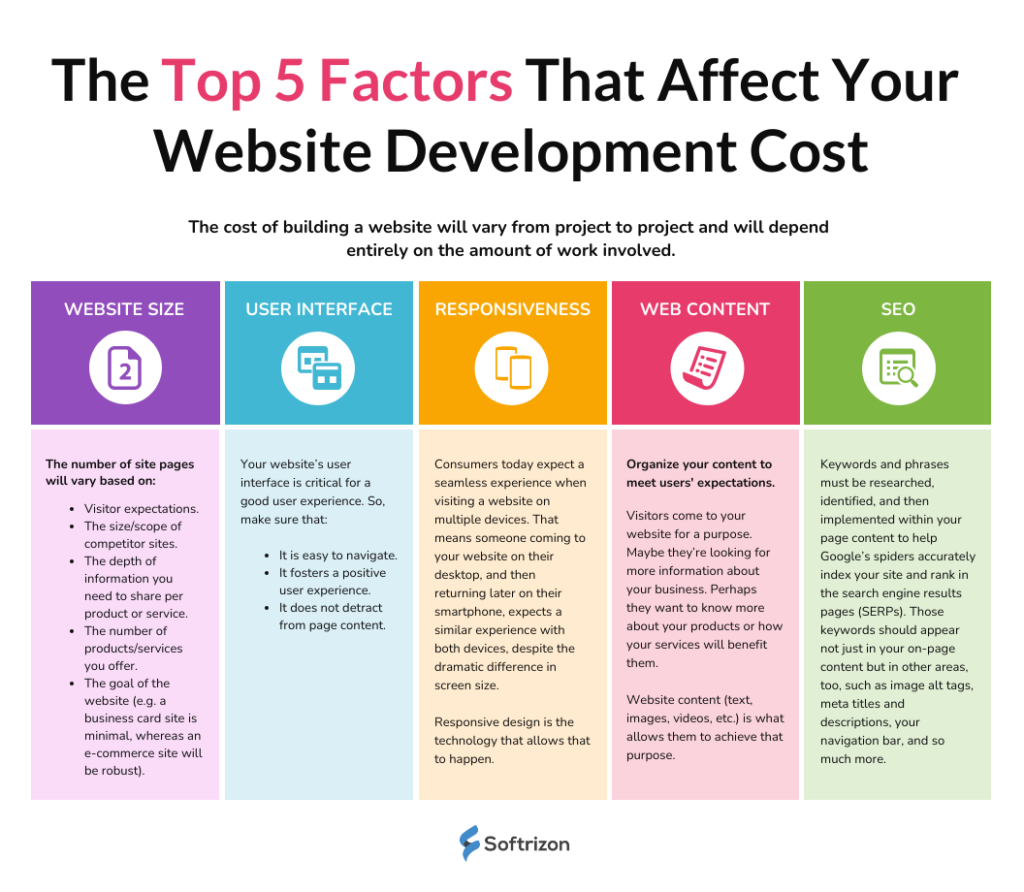
The Basics
First, let’s start with a foundation on which we can then build. In terms of price, you can expect to pay anywhere from $1,000 to $50,000 or even more. As you can see, there’s quite a range. That’s because there’s no one-size-fits-all solution that can be applied to each business website.
Now that we’ve gotten that out of the way, let’s explore the factors that play significant roles in the price you’ll ultimately pay for your website. As a note, this guide is designed primarily for SMBs. Enterprise-level organizations generally have in-house staff to design, manage, and maintain their websites and other digital assets.
It’s also important to understand that website-related costs are ongoing. The cost of building a site is just part of the equation. You’ll also incur additional charges, such as hosting and maintenance, which can add hundreds, even thousands, of dollars to your costs per year, depending on your decisions.
Join other businesses to get the latest insights from Softrizon delivered right to your inbox.
The Top 5 Factors That Affect Your Website Development Cost
Now that we’ve established a basic starting point, we can delve deeper into the various factors that play into what you’ll ultimately pay for that shiny new website.
1. Website Size
First, let’s talk about size. Here, we don’t mean file size (KB, MB, or GB). What we mean is the number of pages your site will have. On average, an informational SMB website will have between 5 and 16 pages (think home, about us, services, contact us, etc.). The more pages you’ll have, the more time it takes your developer to create them.
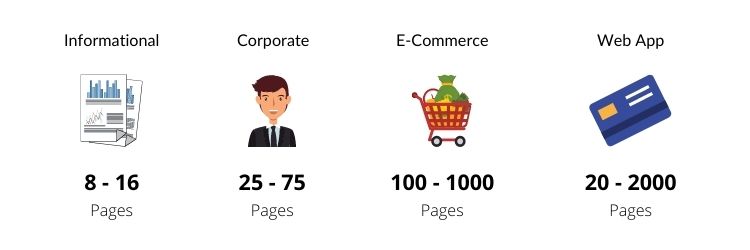
However, that does not necessarily mean that you should automatically opt for fewer pages in an attempt to save a few dollars here. Work with your website developer to determine the optimum number of pages for your business. This will be based on additional factors, such as:
- Visitor expectations on visiting your site
- The size/scope of competitor sites
- The depth of information you need to share per product or service
- The number of products/services you offer
- The goal of the website (a business card site is minimal, whereas an e-commerce site will be robust)
2. User Interface
Your website’s user interface is critically important. UX (user experience) is high on Google’s list of must-have qualities for sites to rank well. Your site’s user interface directly affects that experience. The more robust your user interface, the more time it will take to design and develop, and the higher your website development costs will climb.
Because of Google’s focus on user experience, it’s worth taking the time to ensure your interface meets some basic criteria, including the following:
- It is easy to navigate
- It fosters a positive user experience
- It does not detract from page content
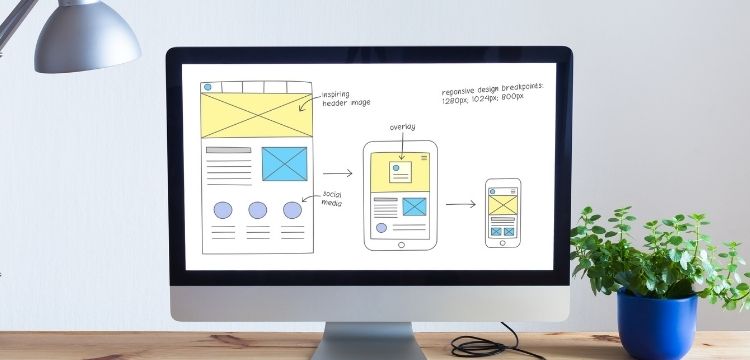
3. Responsive Design
Consumers today expect a seamless experience when visiting a website on multiple devices. That means someone coming to your website on their desktop, and then returning later on their smartphone, expects a similar experience with both devices, despite the dramatic difference in screen size.
Responsive design is the technology that allows that to happen – it literally resizes and reorganizes your site’s layout, design, and content to fit the visitor’s screen size while maintaining the same overall feel and promoting your brand. You can expect to spend at least a couple of thousand dollars on responsive design capabilities. However, don’t think that this is optional. Google feels that responsive design is a best practice, as it directly affects user experience.
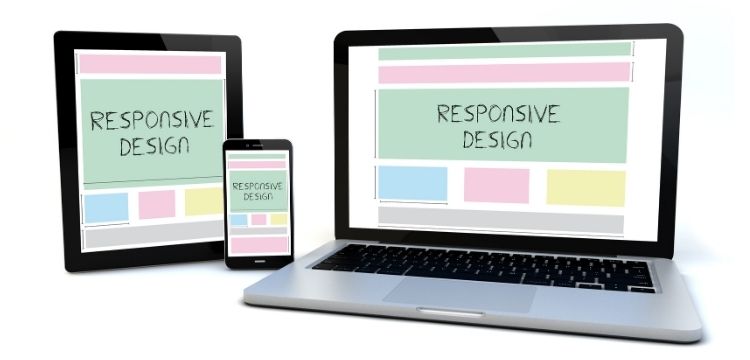
4. Website Content and Graphic Design
Visitors come to your website for a purpose. Maybe they’re looking for more information about your business. Perhaps they want to know more about your products or how your services will benefit them.
Website content (text, images, videos, etc.) is what allows them to achieve that purpose. Content is also a major factor in the costs of developing a new website. At a minimum, each page will need an appropriate amount of text copy to inform, educate, or market your offerings.
Text is just the beginning, though. Video content can be a powerful driver of success (it’s the most sought-out type of content online, and has been for a long time). Static images and graphic elements also add to the user experience, help build and define your brand, ensure trust, and more.
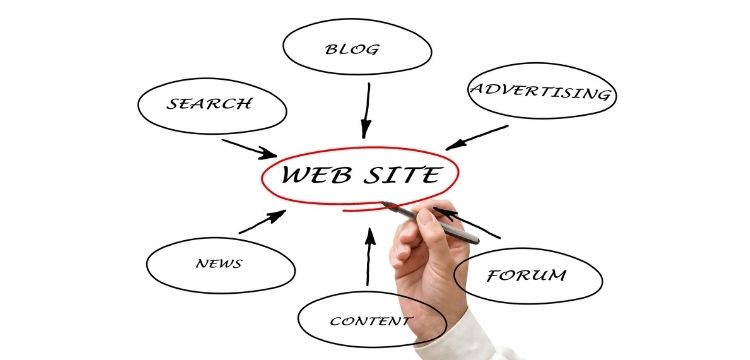
5. Keyword Research and Implementation
We cannot talk about website content without at least touching on keyword research and implementation. Keywords are nothing more than words or phrases that your customers use to find products or services like those you offer. For instance, if you were a plumber in Chicago, an applicable keyword phrase might be “Chicago plumbing companies” or something similar.
Keywords and phrases must be researched, identified, and then implemented within your page content to help Google’s spiders accurately index your site and rank in the search engine results pages (SERPs). Those keywords should appear not just in your on-page content but in other areas, too, such as image alt tags, meta titles and descriptions, your navigation bar, and so much more.
Accurate keyword research requires time and effort. Integrating those terms into your site content skillfully and per Google’s best practices (white hat SEO) also requires time and expertise. All of that comes at a cost.
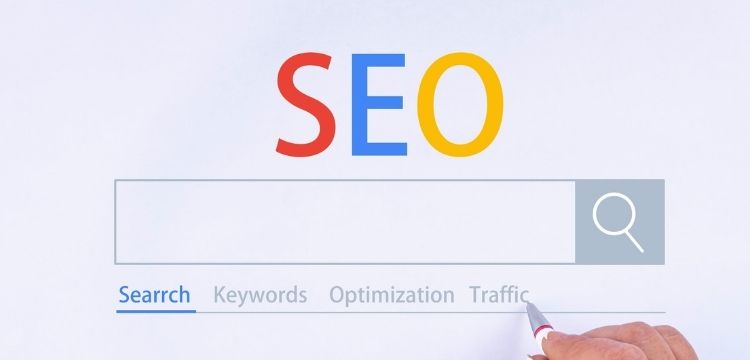
Miscellaneous Costs
Finally, you’ll find website development costs that don’t fall into any of the above categories. For instance, you’ll need to purchase your domain name, your SSL certificate, and pay for a base style or theme in some cases (unless you’re going for a full custom site). Then you need to consider the content management system (CMS), such as WordPress, Joomla, Drupal, Magento, etc. If you need e-commerce functionality, that will also come at an increased cost, as will database integration.
The Bottom Line
As you can see from the information above, there is no simple answer to the question of how much it costs to build a website. The amount you pay will vary based on your needs, and even your decisions over time – hosting and maintenance costs can vary a lot and will affect your lifetime costs here.
At Softrizon, we understand that your business is unique. It deserves a custom website that perfectly reflects your brand and delivers an optimum visitor experience. Contact us today to schedule a no-cost consultation on your website development needs and a free estimate.





